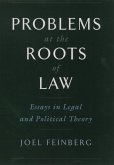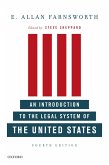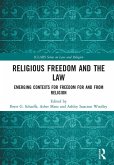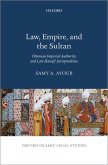Although many modern philosophers of law describe custom as merely a minor source of law, formal law is actually only one source of the legal customs that govern us. Many laws grow out of custom, and one measure of a law's success is by its creation of an enduring legal custom. Yet custom and customary law have long been neglected topics in unsettled jurisprudential debate. Smaller concerns, such as whether customs can be legitimized by practice or by stipulation, stipulated by an authority or by general consent, or dictated by law or vice versa, lead to broader questions of law and custom as alternative or mutually exclusive modes of social regulation, and whether rational reflection in general ought to replace sub-rational prejudice. Can legal rules function without customary usage, and does custom even matter in society?
The Philosophy of Customary Law brings greater theoretical clarity to the often murky topic of custom by showing that custom must be analyzed into two more logically basic concepts:
convention and
habit. James Bernard Murphy explores the nature and significance of custom and customary law, and how conventions relate to habits in the four classic theories of Aristotle, Francisco Suarez, Jeremy Bentham, and James C. Carter. He establishes that customs are conventional habits and habitual conventions, and allows us to better grasp the many roles that custom plays in a legal system by offering a new foundation of understanding for these concepts.
Dieser Download kann aus rechtlichen Gründen nur mit Rechnungsadresse in A, B, BG, CY, CZ, D, DK, EW, E, FIN, F, GR, HR, H, IRL, I, LT, L, LR, M, NL, PL, P, R, S, SLO, SK ausgeliefert werden.









